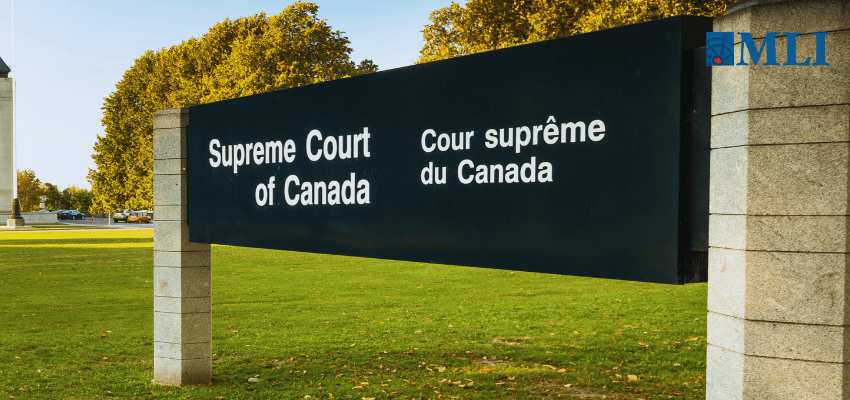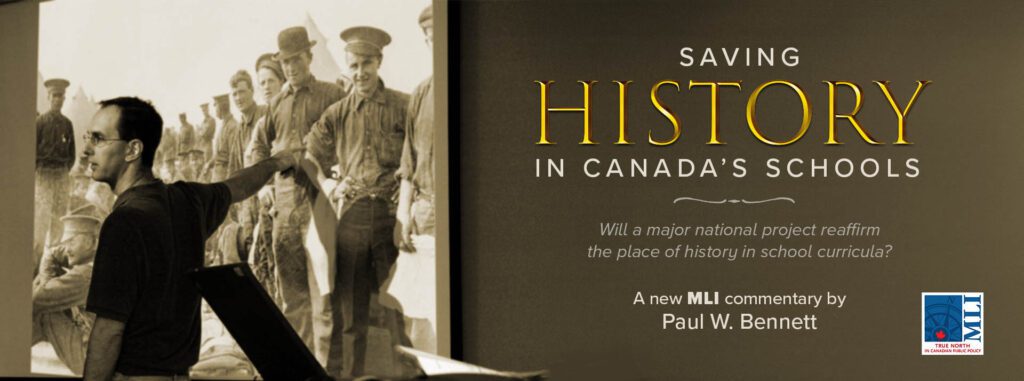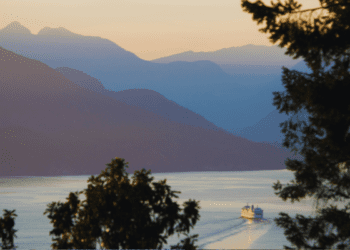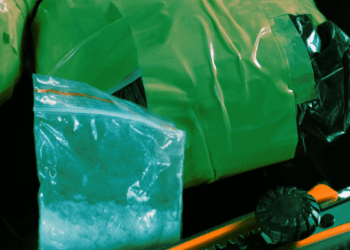This article originally appeared in the National Post.
By Ken Coates and Karen Restoule, August 21, 2024
The Supreme Court of Canada, ruling on the treaty rights case involving the Robinson-Huron and Robinson-Superior treaties, has given one of the sharpest rebukes of the Government of Canada (and, in this instance, Ontario) in legal history. Federal and provincial governments — current and historic — were chastised, criticized and legally spanked, in a decision that will resonate through the coming decades and that could transform Canada’s approach to resolving Indigenous legal grievances.
In the 1850 Robinson treaties, signed with First Nations along the northeast region of Lake Huron to the northwest part of Lake Superior, the British government agreed to an augmentation clause that would see the annuity paid to each individual increase as government revenue from the use of Indigenous territories went up.
The government made one small adjustment — from the equivalent of less than $2 to $4 — and then rejected all subsequent Indigenous efforts to provide an increased annuity. The First Nations fought for their rights, running up against a recalcitrant government and changes to the Indian Act that prohibited the hiring of lawyers to assert their Indigenous and treaty rights.
The First Nations persisted, going to court and spending millions of dollars to fight for their treaty rights. They won in court several times, eventually finding themselves before the Supreme Court of Canada (SCC). The recent decision, which found a clear breach of the augmentation clause, focused on the “honour of the Crown,” or the responsibility of governments to act honourably and expeditiously in the discharge of their responsibilities to First Nations.
The court’s rebuke was breathtaking, demanding that the governments of Canada and Ontario conclude their negotiations with the Superior First Nations (the Huron group reached a $10-billion settlement last year) on the money required to resolve the historic claims — and the impatient court gave the governments six months to come to a resolution. They were also ordered to produce an agreement on revenue sharing for future developments.
The liabilities of the federal and provincial governments are crystal clear in the treaty itself, although the division of responsibility between Canada and Ontario is not defined. Governments ignored their responsibility for years and fought aggressively to limit the First Nations’ claims. They lost — and they lost badly. The settlements will now expand dramatically; the First Nations, exhausted by decades of struggle for basic justice, are in no mood to settle for anything less than the full amount.
One can only applaud and recognize the resilience, persistence and resolve of the First Nations and question the recalcitrance and obstinance of governments, which hid for too long behind complicated and expensive legal processes. By drawing attention to the “honour of the Crown,” the Supreme Court has provided a clear standard for government action on subsequent treaty and Indigenous rights cases.
In directing government to negotiate a settlement agreement with the Superior treaty plaintiffs, the SCC emphasized how this approach is aligned with the purposes of the contested augmentation clause, stating that a negotiated settlement encourages “real restoration of the treaty relationship.”
Current and future governments should be nervous about the long-term implications of this decision. To call this a matter of “justice delayed” understates the significance of the Robinson treaty process. First Nations signed these treaties believing that they would share in the long-term benefits from settlement and resource development on their lands. That did not happen.
Newcomers flourished and prospered based on the wealth of the land. Meanwhile, the First Nations along the north shores of Lake Superior and Lake Huron languished in poverty and hardship, having been shuffled onto small sections of land — called reserves — with little opportunity for economic activity and denied basic rights and opportunities. The socioeconomic and cultural crises of the present can be traced, in large measure, to the clear injustices of the post-1850 period.
But now, finally, there’s been a historical reckoning. While the long-delayed payments will help somewhat, it is scant compensation for decades of intense poverty, deliberate economic marginalization and state paternalism. Many non-Indigenous Canadians will question the payment of such vast sums. But it is a small price to be paid for wrecking the lives of First Nations and betraying the promises contained in the Robinson treaties.
And when you consider that the breaches of the treaties date all the way back to 1875, one thing is clear: today’s governments are paying a hefty price for the inaction of previous governments.
The current situation demonstrates the value of simply talking to one another, rather than immediately engaging in litigation. The treaty relationship requires open communication between both sides — Indigenous nations and the Government of Canada.
This certainly isn’t a new concept: in its 2004 decision in Haida Nation v. British Columbia, the SCC said that negotiation is a preferable way of reconciling state and Indigenous interests. It is certainly the quickest way to atone for past injustices and ensure a more equitable future for Indigenous people.
While this is a tremendous day for First Nations, it is a truly sad day for the country. The governments of Canada and Ontario have been embarrassed by the SCC, which justifiably called them to account for deliberately, even maliciously, ignoring their legal duties and treaty responsibilities. Sadly, the First Nations along lakes Huron and Superior have paid a massive price for this malfeasance.
The governments of Ontario and Canada have made it clear that they will finally honour the Robinson treaties. However, this is only a start. Going forward, governments must respect the “honour of the Crown,” accept their obligations to Indigenous peoples and proactively address Indigenous rights and claims.
Failing to do so will likely result in even more censure from the Supreme Court. Further delays will only discredit Canada and continue the harmful legacy of Indigenous policy in this country
Ken S. Coates is a distinguished fellow and director of Indigenous Affairs at the Macdonald-Laurier Institute and a professor of Indigenous Governance at Yukon University.
Karen Restoule, a vice-president at Crestview Strategy and Macdonald-Laurier Institute senior fellow, is Ojibwe from the Dokis First Nation.







